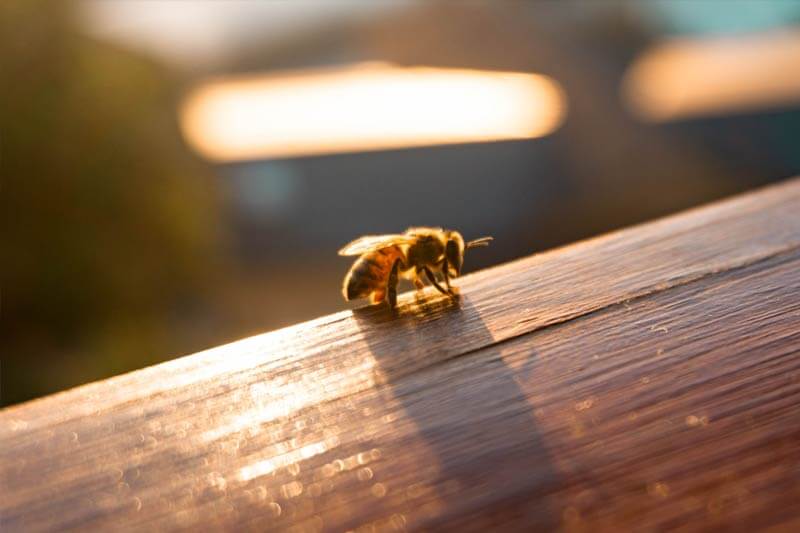


The area where the stung has occurred needs to be washed with warm water and antiseptic soap, in order to prevent secondary infections.
#Bee sting treatment skin#
Also, by constantly scratching, you will break down the protective barrier of the skin and you will expose yourself to secondary infections. Avoid scratching the area of the sting, as it will make the swelling and the itchiness worse.It is recommended that the sting needle is removed within 30 seconds of the sting. Avoid leaving the sting needle in the skin, as this will only deliver more venom and it will cause the swelling to accentuate.The same goes for bracelets or any other tight fitting jewelry that you might be wearing. If the bee sting has occurred on the fingers, it is important to immediately remove any rings, before the swelling becomes worse.These are the most common recommendations and courses of treatment in case of bee sting swelling: During this period, it is recommended to have an exemplary hygiene, so as to prevent secondary infections. How long does Bee sting swelling last?ĭepending on the severity of the reaction to the sting, it may take somewhere from two to five days for the affected area to heal. Emergency medical treatment with adrenaline is required in case of severe allergic reactions to bee stings. Among these symptoms, you will find any of the following: difficult breathing, swelling of the face and throat, difficulty swallowing, wheezing, extreme agitation and anxiety, rapid heartbeat and vascular collapse. If a person has an anaphylactic reaction to the bee sting, then the bee sting swelling might be extensive and the person might also experience systemic symptoms. It is important to make the difference between a normal reaction to a bee sting and the one that is actually an allergic reaction.


 0 kommentar(er)
0 kommentar(er)
